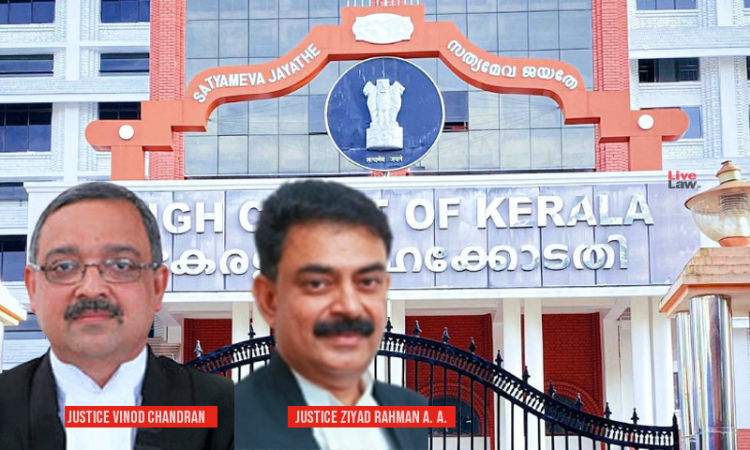Consistent & Reliable Dying Declarations Sufficient To Prove Guilt Of Accused: Kerala High Court
Hannah M Varghese
2 Sept 2021 10:31 AM IST

Next Story
2 Sept 2021 10:31 AM IST
While pondering over the admissibility of dying declarations, the Kerala High Court on Wednesday ruled that consistent dying declarations if found to be very reliable, provides credence to each other and proves the guilt of the accused. A Division Bench comprising Justice Vinod K Chandran and Justice Ziyad Rahman accordingly dismissed an appeal in a matter where a dying woman had given...
